Best Pool Water Testing Kit
Whether you have a personal well or you rely on municipal water, testing the quality of your pool water is something that shouldn’t be taken for granted.
This is because there are lots of waterborne diseases as well as contaminants that may make the water unsafe for human consumption.
In this article, we are going to review the best pool water testing kits that should be in your wish list. We will also discuss the importance of pool water testing and most importantly, the considerations that should inform your purchase decision.
[wpsm_toplist]
The Best Pool Water Testing Kits Reviewed
There are hundreds of different pool water testing kits in the market; from the cheap and inaccurate knockoffs to the reliable and accurate models. Below are the top 10 models that are worth the money.
Model | Name | Color comparator | Tests for | Check Price |
|---|---|---|---|---|
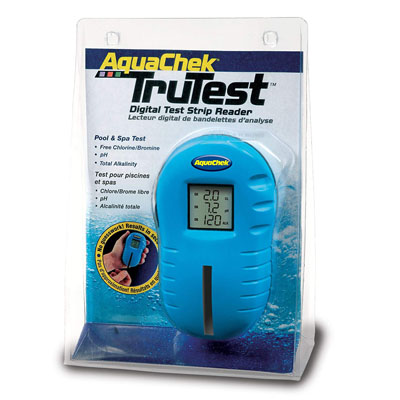 | Free Chlorine, Bromine, pH, and Total Alkalinity | Check Price | ||
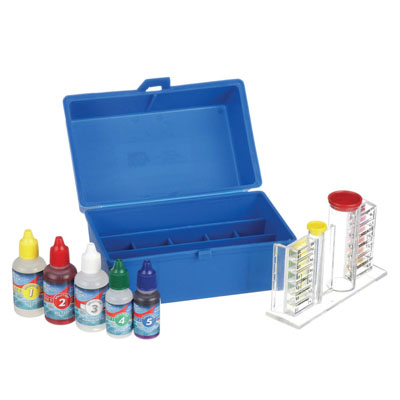 | Chlorine/Bromine, pH, Alkalinity and Acid demand levels | Check Price | ||
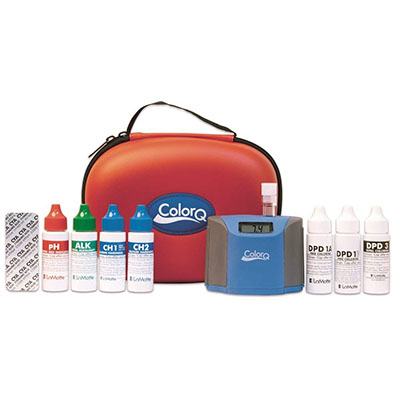 | Free Chlorine, Total Chlorine, Bromine, PH, Alkalinity, Calcium Hardness, and Cyanuric Acid | Check Price | ||
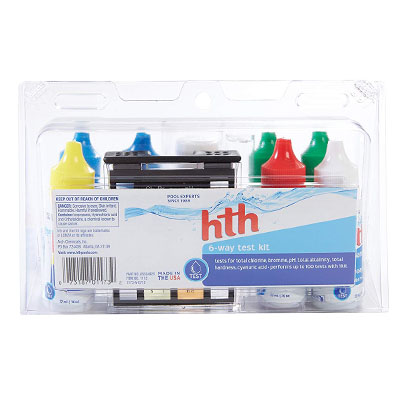 | Total chlorine, bromine, pH, total alkalinity, total hardness, and cyanuric acid | Check Price | ||
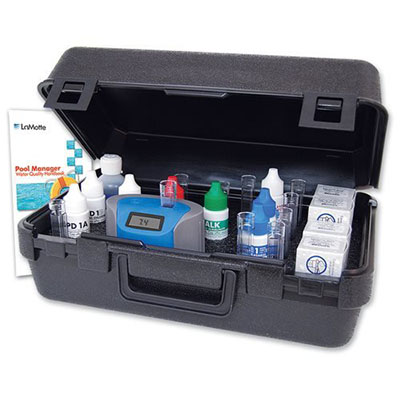 | Biguanide and Biguanide Shock, Calcium hardness, copper, Alkalinity, bromine, total and free Chlorine, pH, cyanuric acid and iron | Check Price | ||
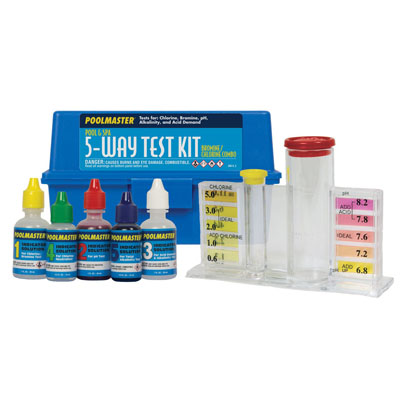 | Chlorine, Bromine, pH, Acid Demand, and Total Alkalinity | Check Price | ||
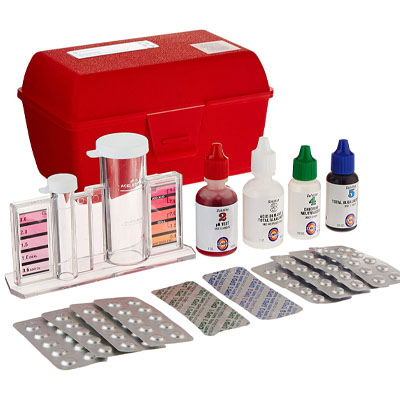 | Free, total and combined Cl, pH, acid demand and total Alkalinity, Lucite test cell | Check Price | ||
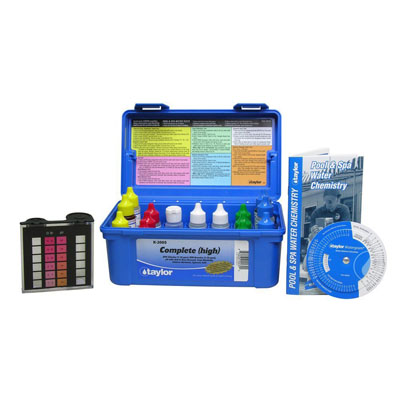 | Total Chlorine, Free Chlorine, Bromine, pH, Acid Demand, Base Demand, Total Alkalinity, Calcium Hardness, and Cyanuric Acid | Check Price | ||
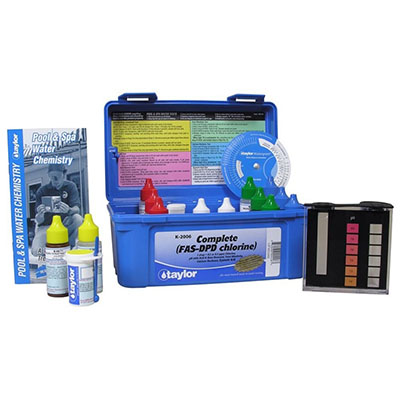 | Total and Combined Chlorine, pH, Alkalinity, Calcium Hardness and Cyanuric Acid | Check Price | ||
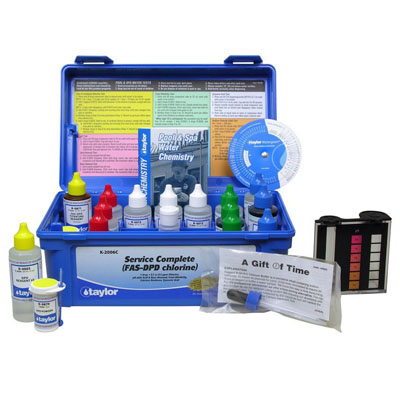 | Free and Total Chlorine, Bromine, pH, Acid and Base Demand, Calcium Hardness, Total Alkalinity and Stabilizer levels | Check Price |
1. AquaCheck TruTest Digital Reader
It is a water resistant and lightweight test kit that requires no visual color matching. This kit features a large display that ensures the ease of reading the data provided. It also has 25 strips that one can use to insert on the device and find out the statistics of 3 pool water quality.
The digital kit comes at a reasonable price, and the AA batteries are replaced after a long time lowering the worry for an extra cost. The beginner-friendly design ensures that the results are easy to understand with an alarm to notify when the chemical levels are not safe.
2. Blue Devil B7448 5-way OTO
The kit features a compact storage as the supplies are kept in a plastic storage case. One can use the kit to test chemical levels year after another. Easy to follow instructions are included to avoid second-guessing the results.
The kit has an Omni stain and scale control that eliminates staining and scale build-up caused by excessive quantity of dissolved metals. It also avoids staining from manganese, copper, and iron, thus helping prevent serious damages to the kit. The results are fast, easy, and highly accurate, and one can purchase dropper bottles separately when they run out. Its price is quite affordable.
3. LaMotte 2056 Digital Pool Water Test Kit
It is a multi-test, and unique ColorQ pool and spa-hand held photometer that reads at least seven test factors including cyanuric acid, pH, calcium hardness, Alkalinity, total Chlorine, free Chlorine and bromine directly on the digital display.
Its dual-optic design that provides more test factors and accuracy eliminates the need to use look-up tables.
It’s effortless to use and gives the accurate reading simplifying water balancing. The kit is useful to color blind individuals because it cancels guesswork out of the analysis. One only needs five drops for each liquid reagent, and it comes with easy push-button control.
LaMotte 2056 also features a water-resistant housing and a carrying case boosting its durability. The auto-off function after every 5 minutes protects the battery life while the trilingual instructions are available in French, Spanish, and English.
4. HTH Pool Test Kit 6-Way Test Kit
The kit is manufactured by Lonza, a popular manufacturer of water treatment chemicals with more than a century of experience in creating innovative water treatment solutions for pools.
This kit is can also test chemicals in a saltwater pool. It is easy to perform tests using this kit, and it comes with straightforward instructions. One can also download the HTH app to utilize the reading and suggestions of what to use. It comes with 30 strips. PH reagents refills are readily available online.
Compared to other testing kits, its price is lower and delivers accurate results.
5. LaMotte ColorQ Pro 11
Pool and SpaNews recognized this test kit as one of the “Top 50 Products for 2008”. It’s the best on-site hand held spa and pool photometer. It measures at least eleven spa and pool tests directly on a digital display.
The kit tests for Biguanide and Biguanide Shock, Calcium hardness, copper, Alkalinity, bromine, total and free Chlorine, pH, cyanuric acid and iron.
The kit features a pool manager handbook, economical liquid reagents, and easy to use tablets. It eliminates guesswork in the results as one doesn’t need to use look-up tables or visually determine the slight color variations.
For on-site testing, reagents and the ColorQ PRO 11 are packaged in a rugged carrying case that is water resistant boosting its durability.
Other items included in the case are saturation index calculator and photo-diagrammatic trilingual instructions in French, English, and Spanish. The instructions are easy to follow, making the testing process better with accurate results.
6. Poolmaster 22260 5-way Test Kit
It stands out for its clear-view round test block equipped with UV-protected color chips. These chips make it easier to get the information on color matching. The block has no writings printed on it, making them resistant to wear and tear with the constant interaction with the sun or use.
Poolmaster 22260 5-way Test Kit has a polyethylene case, well designed to protect the chemicals. Includes 1oz solutions of #3 and #1 and ½ once solution for #5 and #4. The kit also uses the drop testing mechanism, making it faster to deliver results.
7. Pentair R151246 78 DPD Test Kit
The kit solutions are readily available for replacement, it’s easier to compare, and it produces accurate results. It can be ideally used once a week in the cold weather. In the peak season twice a week.
8. Taylor K-2005 Deluxe DPD Pool Water Test Kit
It offers accurate sanitizer levels and comes with easy instructions for testing the other chemicals. Each testing reagent has a .75oz bottle allowing one to test for pH levels for both base and acid demand, calcium hardness, cyanuric acid, total Alkalinity, free and total Chlorine, and total bromine. Also included in the kit is a shatterproof 2-celled comparison chart.
It features a hard-shell case which hosts easy-to-distinguish color gradations, water-resistant color—coded testing instructions summary, Watergram water balance calculator, 62-page water chemistry guide, and a CYA dispensing bottle. All the parts of the kit are independently replaceable. The instructions are easy to understand and implement. The refills are readily available in the stores or online.
9. Taylor Technologies INC K-2006 Test Kit
It is easy and fast to use the kit, and the provided instructions are easy to follow. The kit uses a FAS-DPD titration method for sanitizer tests helping eradicate color-matching problems. It best tests for combined and free Chlorine. It also measures free chlorine levels up to 50ppm.
It’s ideal for health department officials, service people, and commercial pool operators. The kit is also economical and portable.
10. Taylor Service K-2006C Test Kit
It tests for pH, Bromine, Acid and Base Demand, free and total Chlorine, stabilized levels, and total alkalinity. To improve the accuracy of the results, it uses 2 oz. reagents with titrants and includes waterproof chemistry guide, treatment charts, printed color comparator, and waterproof instructions.
The test kit also has 2 oz. bottles of FAS-DPD titrating reagent, 10 grams of powder × 2, Phenol Red, DPD Reagents, Acid, and Base Demand Reagent, Sulfuric Acid, Cyanuric acid reagent × 2and Total Alkalinity Indicator. It also comes with calcium indicator liquid, two chamber comparator, cyanuric acid testing bottle, thiosulfate N/10, calcium buffer, water balance calculator wheel, and hardness reagent.
Pool Water Testing Kit Buying Guide
Now that we know of the best pool water testing kits, it is time we discuss a few things regarding pool water testing kits and pool water hygiene in general.
Is Pool Water Testing a Necessity?
A lot of people assume that their municipal water is safe as there are rigorous tests done at the plant to ascertain water quality.
Well owners, on the other hand, ignore testing their water with the belief that its natural source is not contaminated.
The truth of the matter is that your water source may be contaminated and the contaminants are transferred to your swimming pool.
Why test well water?
In the case of well owners, the Penn State report is conclusive as to why well water should be tested. In the report, over half of the private wells failed at least one water standard test. But how exactly is well water contaminated?
There are so many ways through which well water gets contaminated. If you have livestock around the well, you should be wary about contamination. Another cause for contamination is proximity to a septic tank, factory, mines, oil rigs, and landfills.
Also, if you use pesticides around the well, or there is a gas leak nearby, there is a high risk of contamination.
Why test municipal water?
There are so many tests performed at the municipal water plant in accordance with the laws and regulations.
However, we have witnessed several cases of municipal water contamination, either at the source or in the main supply’s plumbing systems.
Pool Water Contaminants and Legal Limits
Now, which are some of the common elements when it comes to water contamination?
When Should You Test Your Pool Water?
A lot of people have been asking, when should you test your water?
Yes, there are some common signs of contaminated water, but in the first place, it is important to have a regular water testing schedule. So, don’t wait until your pool water starts showing signs of contamination – buy a pool water testing kit today.
Now, back to the main objective of this segment: when should you test your pool water, and what are some of the signals that your water may be contaminated? And most importantly, which test should you perform? That’s what we want to discuss.
- Recreational Water Illnesses (RWIs) – If you and your family experience recurrent bouts of stomach problems, that is a classic sign of pool water contamination. Honestly, you can’t guarantee that your kids will finish a swimming session without gulping some pool water. I. this case, focus your test on coliform bacteria which is synonymous with most gastrointestinal illnesses.
- Skin irritations and disorders. The biggest culprit here is pH which leaves your skin dry and itchy. Test your pool water regularly and ensure the pH is balanced. Besides pH, elements like arsenic and barium may lead to skin irritation, cause lesions, and worse, skin cancer. For that reason, you should emphasize on testing your water comprehensively.
- Lead and corrosion in plumbing – In almost all the water contamination cases, Lead was the notorious element. If you aren’t sure whether your plumbing has lead pipes or it shows signs of corrosion, do a pH, copper, and lead test. Most of the old pools were painted with lead-based paints, and this often leaves lead dust settles at the bottom of the pool. If you’ve had fireworks around, also consider a lead test as the remnants of the fireworks which have Lead might find their way to your pool.
- Agriculture – Whether you have a garden for intensive farming or you keep livestock nearby, chances are high, your well water may be contaminated. In this case, test for pesticides, nitrates, and coliform bacteria.
- Saltiness – If your pool water turns salty, your water is contaminated. Your tests should target sodium, Chlorine, and TDS.
- Scaly residue – If your pool water leaves some scaly residues, consider a water hardness test.
Types of Pool Water Testing Kits
Before you venture out to the market, here are three types of pool water testing kits available and how to use them.
1. Test Strips
These are the most popular testing kits. They are affordable and, but unfortunately, they don’t guarantee 100% accuracy. But that is not to say there aren’t any good test strip water testing kits. Some models are known for high accuracy and efficiency. Strips are best if you want a kit for initial screening or testing for water hardness and maybe pH.
Strips are made from specific materials which, when chemically treated, they react and exhibit a specific color change, thus confirming the absence or presence of certain contaminants. The color change is matched on a color chart to determine the exact contaminant. This method is very subjective just on the fact that the youth and men are not so good at colors.
2. Digital Testers
These are quite complex, and unlike test strips, they probe the water properties that change with the presence and amounts of different contaminants. Digital Testers display the quantities in digits eliminating errors.
But unfortunately, digital testers are not accurate in all tests. Furthermore, TDS (total dissolved solids) tests are not conclusive as they don’t test microbial and lead, which are common pool water contaminants.
3. Lab Test Kits
Experts agree that lab tests are the best if you want to know even the smallest amounts of contaminants in your pool water. Lab test kits have vials where you fill the sample and send it to professional labs. While these tests are accurate, the results are not immediate.
Factors to Consider when Buying Pool Water Testing Kits
There are several important considerations to take into account before adding any pool water testing kit to your cart.
1. Brand
There are so many brands in the market. Always stick to the household names. Avoid the cheap, little known brands. Some of the best pool water testing kit brands to watch out for include: Pentair, PoolMaster, La Motte, and Taylor, just to mention a few.
2. Water source
There are different types of water testing kits. Some are designed to accurately test municipal water while others are strictly for well water. For examples, the Watersafe WS425W is designed for testing only well water so it may not be resourceful in testing municipal water. So, buy your pool water testing kit depending on the source of your pool water.
If you have a well, the common contaminants you are testing for include bacteria, Lead, fluoride iron, manganese, arsenic, nitrite, nitrate, and radiological. You won’t need chlorine tests unless you have disinfected it recently.
For those who rely on municipal water, the standard tests you require are for Chlorine, Lead, and maybe fluoride. There is no urgency of testing bacteria unless there is a scare like recurrent gastrointestinal complications.
3. Self- test vs. lab-test
This is pretty straightforward. If you want to self-test, go for a home pool water testing kit. As for those who would like to seek professional help, There are also lab pool testing kits.
4. What tests?
It is hard to come by a single pool water testing kit that tests the over 100 water contaminants and bacteria. But this is something lab tests can manage.
When choosing a pool water testing kit, make sure you pick the type that is designed to test the probable contaminants in your pool water. There are those which test for heavy metals only while others may be only for water hardness or pH, among other common pool chemicals.
5. Certifications
While brands may promise accurate and reliable results, only independent tests can confirm this. Check out for water testing kits approved by EPA and other trusted independent certifications.
Frequently Asked Questions
1. How often should pool water be tested?
3. What is the most accurate pool test kit?
4. How much pool water do I need for testing?
5. Do pool water testing kits show heavy metals?
6. Test strips vs digital testers vs lab test kits: which are the best?
7. How long do pool water testing kits last?
Summary
There you have it; a review of the best pool water testing kits for home use. As you have seen, digital kits are the best because of the accuracy they offer.
However, if you want to check the quality of your pool water on a budget, get a strip testing kit but remember, it may not be precisely accurate.
So, which is your best option, and why? Talk to us in the comments section below.




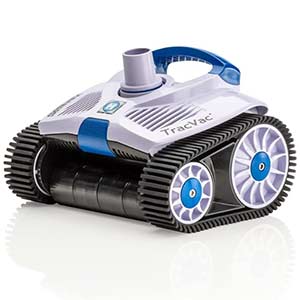
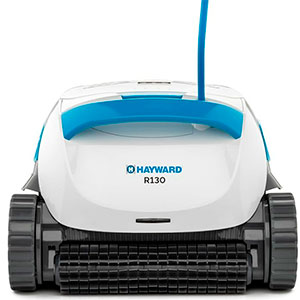
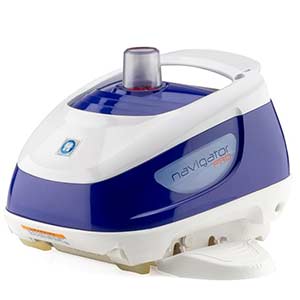
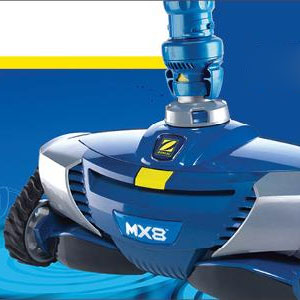
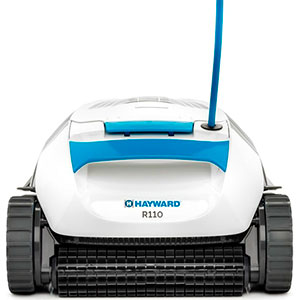
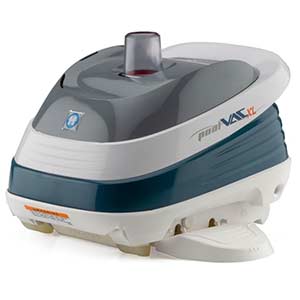
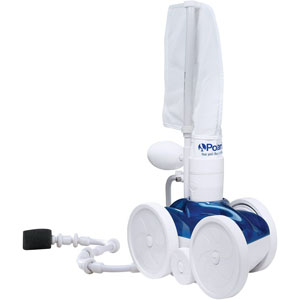
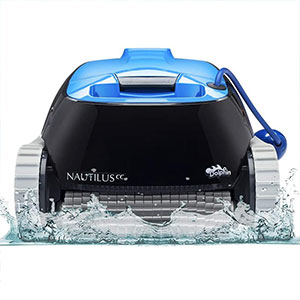
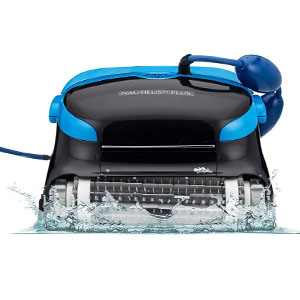
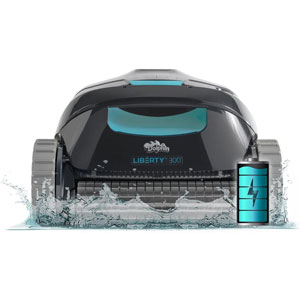
Eve
Hi! Thank you for the comparison. I just want to know how safe these test chemicals are themselves? I’ve got kids and pets. So are there any official manufacturers’ recommendations.
Marcus Robertson
Hi, Eve! Thank you very much for your kind words and question! To test your pool water, you don’t need to add chemicals to the pool. Usually, you take a small amount of sample (into a glass for example) and test it. So, all chemical kits are safe, though you must follow all safety recommendations and keep testing kits out of the reach of children and pets!
Latisha
Also liked your post very much) We have a small inground pool and add special salt but we need to monitor its level and water condition generally. Does any of these kits may fit us?
Marcus Robertson
Hi, Latisha! Thank you very much for your kind words and question! In your case we’d recommend HTH Pool Test Kit 6-Way Test Kit. It works great in salt pools and salt water, tests all main water components and agents. Besides, the kit is quite pocket-friendly if we can call it this way)
EugeneSimon
Hi everybody! What kit is the best for pH measurement?
Marcus Robertson
Hi, EugeneSimon! Thank you very much for your question! pH is the basic water indicator that’s why absolutely all kits test it. Try any of our digital kits.